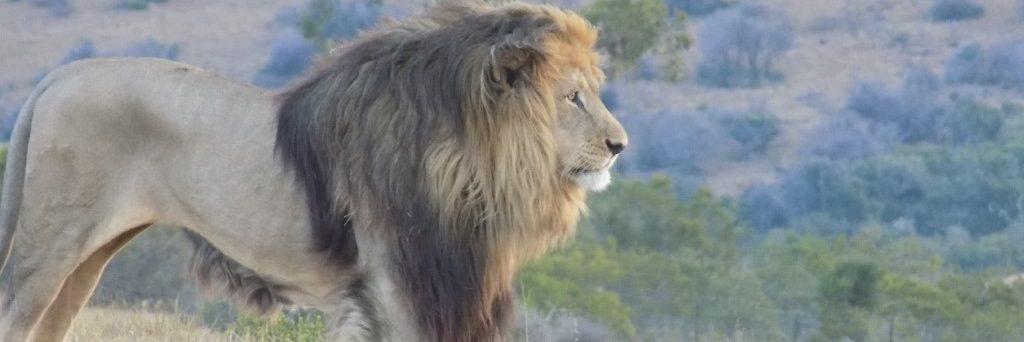This verse is often used in teaching on prayer to say that panic prayers, arrow prayers are OK. Lord help me! or Oh My God! are arrow prayers. It is interesting that in a moment of crisis many who do not even believe in God will call out to Him.
King Artaxerxes seems to have been a good king, he reigned in Persia for 40 years, and the question he posed to Nehemiah shows that he noticed (and was concerned for) his servants. Nehemiah looking downcast was not normal. This King had great respect for the Jewish nation and for their God.
I was cupbearer to the king. This last verse of the first chapter is almost a throw away comment. But Nehemiah obviously thought he should give some short explanation of what he was doing, the responsibility he had, and why his visitors thought he could help the situation back home.
All through the desert wanderings of the Jews, God was teaching them that obedience would lead to prosperity and blessings, and disobedience would lead to struggles, loss and suffering. The Israelites had been exiled because they were unfaithful to their Heavenly Father. Many of them had turned to other gods.
This prayer is a good model to follow. It begins with praise, declaring who God is; not for God's benefit, He knows who He is! But by praying in that way, we remind ourselves who He is. Consequently, we can take our rightful place as believers in His Almighty Power.
The return of the exiles to their homeland had created wonderful images in the minds of those who were not a part of it. They thought that everyone had gone back to their family home and taken up their work as before. That would be the work of their fathers.
At that time there would be a lot of pressure on people to give, and much willingness on their parts, wanting to thank and bless God for bringing them back to their homeland. But there was also much poverty, few leaders and going back home was not quite what they had hoped.
Little is known of Nehemiah except what we learn from this book bearing his name in the Old Testament. The book is believed to have been dictated by Nehemiah but actually written by Ezra whose book precedes that of Nehemiah. Ezra named Nehemiah as one of the exiles (Ezra 2:2).
Deer can leap on mountainsides that no person would dare to attempt. They do not even watch where their feet are landing, they just do it. Their feet are hard with hooves, protected by design on the day of creation. The last phrase here has a real spiritual meaning too.
What an encouraging decision Habakkuk makes after his debate with the Lord. As he contemplated the idea of no harvest of grapes figs or olives, he understood that for many of his culture at that time it meant no income, no food, and severe difficulty. What an example for us.
